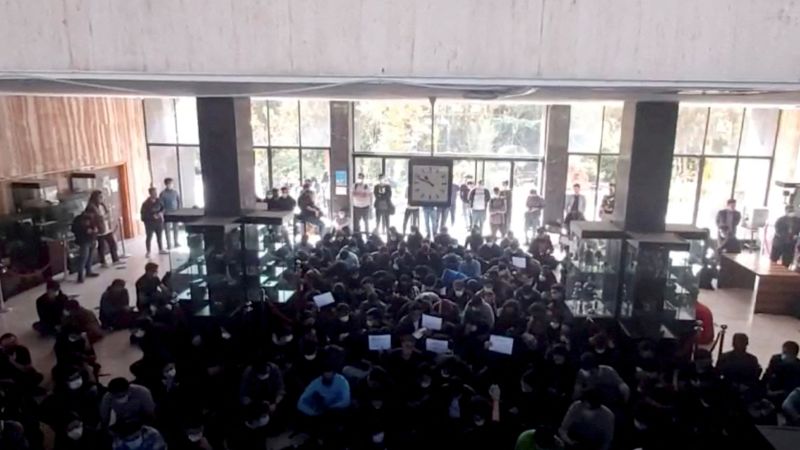This King is different
I had an interview with King Hussein 12 years ago. I had never seen such a charismatic leader, someone who knew how to attract people around him. He was warm and very friendly. In a surprising move just before his death, he replaced his brother Hassan, who was supposed to be next in line to the throne, with his oldest son, Abdullah, a relative unknown. Some were very uncomfortable that the throne would be passing from father to son.
We spoke with King Abdullah at his house in Aqaba. The town seemed like a poor village near the Red Sea ten years ago. This time around, I could not believe my eyes. It has been transformed into a huge free-economy zone full of five-star hotels. The products manufactured here are sold to the U.S. and Iraq without import duties or quotas. The bilateral trade between the U.S. and Jordan, which was $13 million per annum three years ago, has increased to $600 million. Jordan, which once had $40-50 million in its treasury, now has close to $4 billion.
Many Turkish firms also followed the scent and have established themselves there.
The way King Abdullah lives, his attitude towards people as soon as you enter his home was enough to show that King Hussein had made a wise decision.
Abdullah’s is a medium height with a solid frame that shows he is keeping himself fit; he has light blue eyes and a smiling face.
It is apparent that King Abdullah is not one of those typical kings we are used to in the Middle East. I can say that he is the brightest representative of the new generation of Arab royalty.
He answers questions in a clear and precise manner. His stance towards the world and his own country is very different.
I was not faced with a leader who was arrogant due to the post he holds. It seemed like I was talking to a clever and confident businessman.
"When the people are not going hungry, they adapt to reforms more easily," he said, sharing his secret to success.
King Abdullah, just like his father, is friendly towards Turkey. The Turkish blood in the family still runs deep. He visited Istanbul several times in his youth. He knows that Turkish people are also friendly towards the people of Jordan.
His summer house we visited was extremely modest. There was nothing beyond the natural richness of the country. Even if a poor Jordanian visited the house, he would not feel too out of place. His only luxury is the two boats he has.
As I was walking around his living room, I noticed that his father’s photos were everywhere.
His wife is very pretty.
Raina shows the changing face of the Arab world. Jordanian women are a symbol of how women in the Islamic world should be. There is no headscarf issue nor is it a political symbol.
Jordanians are one of the luckiest people in the region.
I had the same impression when I was talking to Syrian President Bashar Assad. His attitude was also different from that of his father. As a leader from the younger generation, he was trying to transform his country.
Jordan and Syria are the countries that have best understood that the world is changing and they have to change with it.
What King Abdullah said is very true.
"If we don’t change, reform our system and implement a program aimed at bringing more wealth and democracy to our people, someone from outside will formulate a program for us," said Abdullah.
King Abdullah also noted Turkey had entered a new era with respect to its relations with other Muslim countries and especially with its neighbors in the Middle East. What he said was very interesting. I want to write about it in my article tomorrow.
If you want an answer to the question — How is Turkey perceived in the Middle East? — then let’s meet here tomorrow.



